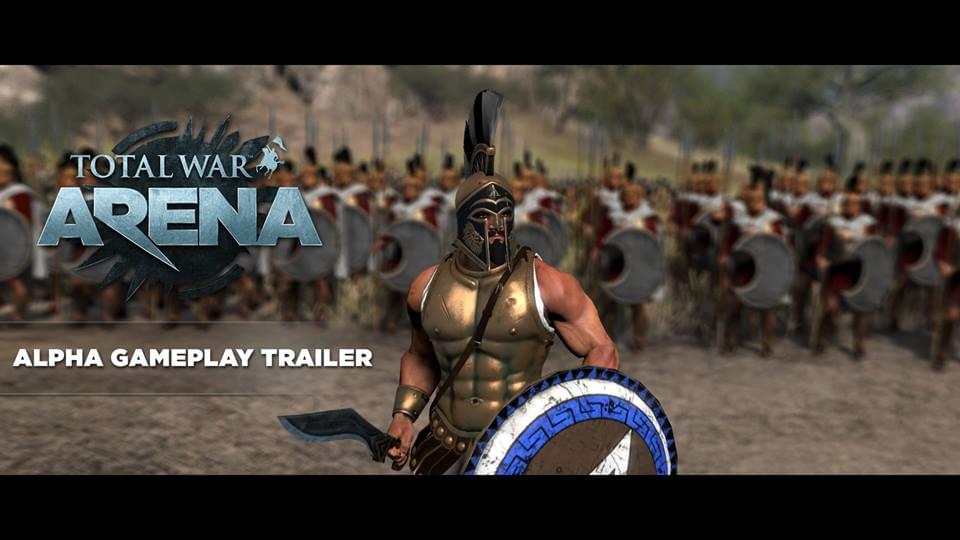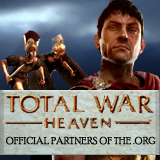Total War: The modding situation
Moderators: Feel free to sticky or front page this thread.
Hi everyone,
The Total War series has a long and venerable history of modding, courtesy of yourselves. We’ve talked for a long time about releasing tools for your use, and as you’re (keenly!) aware this still hasn’t happened yet. We know you’re frustrated at the situation, and take it from us, so are we.
For this reason, we’re giving you the complete raw database XML (data from tables) and XSD (table structure and field properties) files for both Empire and Napoleon - they're attached to this post. Armed with these, you will have a ton of data to work with, and you’ll also know what’s in every field of every table. There’s an awful lot in there, and we sincerely hope this will help you in your efforts. If you have any questions concerning the XML and XSD files, ask away, we’ll do our best to answer them.
There are number of reasons we haven’t released tools yet, and to fully examine why, we need to wind things back to the Rome Total War days.
Back then, the game engine was a hell of a lot simpler than it is now. There was a fraction of the database table files we use today, and these were basic, easily-editable text files. Compared to today’s binary files, which we’ve had to implement to fight naturally expanding load-times, they were a doddle to mod. Likewise, today’s campaign map is vastly more complex and data-dense than Rome’s, which was basically a simple TGA file that could be edited in photoshop. Today’s maps demand way more complexity in order to allow for better path-finding and AI. In addition, Rome’s campaign map was tile based; today’s campaign map is seamless for better movement, making it that considerably harder to mod.
Back in the Rome days, Vercingetorix created tools that were absolutely key to the explosion of Total War modding; tools such as the CAS exporter and the unpacker. You were happy, we were thrilled and some fantastic mods (such as the breathtaking Europa Barbarorum) were born, and enjoyed by thousands, us included. We’re still in awe of what people achieved with Rome and Medieval II’s engines.
We would dearly love this to continue, and we’ve always aimed to release official tools to help you realise your own visions in the engine. But every time we sit down and talk about what’s actually involved (and we’ve had countless such meetings over the last couple of years), we hit a brick wall.
We have tools that work with our internal data processes, but wouldn’t work at all as mod tools. It would take a huge amount of development resources to combine them into something approaching usable. Many of our tools are just designed to work with our raw data formats and process them into something used by the game, not to take a processed item and view or edit it. Nor do we have tools to do most of the things you really want – such as model importing – as we have no need of them; we have the raw models, and can always export them and reprocess them. Creating a set of tools specifically for modding is never going to be the quick or simple procedure many of you would hope for, and between making games, creating new content and supporting each release with balances and fixes, our production schedules are fierce.
The unit editor we mentioned for Napoleon was such a case of ambition overshadowing reality. The unit editor we actually have is a tool used internally for putting the look of units together, but it never made the final cut as an in-game feature, as it was a completely new tool for Napoleon: very much in its messy infancy, and in no way fit for public consumption. The Avatar system (in particular unit colouring) in Shogun 2 is how this eventually made it into the game. However, it’s interesting to note how the ever-resourceful community has developed its own tools to edit the unit-variant files and texture atlases…
Please understand that we’re not trying to constrain modding in any way; we simply haven’t been able to support it as well as we really wanted to, and the increasingly complex Warscape engine is by nature much harder to mod. Also, this isn’t a conspiracy to make you buy DLC over creating your own content… if that were true, there never would have been the possibility of making unit-packs for Empire and Napoleon. The fact remains that modders have made many such excellent units, and enriched the game for thousands of Total War players. We still want to help though, and we think the best way to do this is to give you the raw database XML and XSD files.
We hope that by being more transparent about our aims – and abilities – in future, and by providing useful data such as this, we can show that we really do value your creativity and hard work. You’re important to us, and important to the ongoing success and popularity of the Total War series.
Going forward, we’ll be working on a better strategy to support modding, and we’re now planning what we’re going to do for Shogun 2. But we’re going to stop promising specifics that we’re unable to deliver, as we all know how well that’s worked out in the past.
Happy modding,
The Creative Assembly
















